Madura Faris
According to experts, the cinema sector underwent a major movement, especially after World War II.
Even in Kurdistan after the 1950s, filmmakers tried to open up the sector in Kurdish society or become a window to convey Kurdish joys and sorrows to the world. In the 21st century, there are attempts to gradually move cinema to the international arena too. However, what is being criticized is the lack of professionalism in the sector. From another angle, there are many opportunities and obstacles for Kurdish filmmakers. Even if 10 films are produced in a year and only one is good, it is still valuable.
On the other hand, the influence of Persians, Arabs, and Turks on Kurdish cinema and filmmakers is still strong. Some young directors try to overcome this problem using various filmmaking styles. For instance, in some works, all dialects of the Kurdish language are used and every element is used to convey the rich Kurdish culture. For the Kurds, from myths and legends to poets 300-400 years ago, from sound to modern tools, a golden door has been opened for the creation of Kurdish cinema.
Experts believe, cinema is a mobile art that can travel and introduce the image and sound of one or more societies worldwide.
What path has Kurdish cinema taken from the 20th to the 21st century?
According to sources, the Armenian director, Hemo Beg Nazarian for the first time tried to draw the world's attention to the Kurdish problem with the film "Zare" in 1926 in Russia. The film tells the story of Yazidi Kurds living in the Soviet Union at the time. Thus, if we look at Zare, it will be a pioneer in the birth of Kurdish cinema.
The birth of Kurdish cinema began in the 1970s with the films of Yilmaz Goney, who later became known as the "father of Kurdish cinema".
Yilmaz Goney has been working with Kurdish director Atif Yilmaz since the 1950s. However, cinema was not exempt from the ban on Kurds.
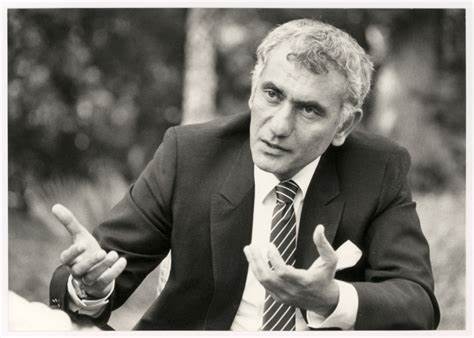
With Gonay's three films, Suru (Megel) (1978), Yol (Road) (1982), and Diwar (1983), serious steps were taken to establish Kurdish cinema, although the Turkish government did not allow actors to speak Kurdish or about the problems of Kurdish society.
In the 2000s, with the arrival of a new generation of Kurdish filmmakers, many valuable works were produced, both in Kurdistan and internationally, and this was a new stage for Kurdish cinema.
Bahman Ghobadi is one of the directors who shows Kurdish daily life, which includes war, migration, suffering, and disease.
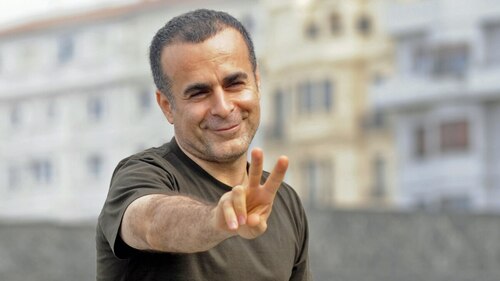
Bahman Ghobadi won the Caméra d'Or at the Cannes Film Festival (2000) and four international awards for "A Time for Drunken Horses" (2000). In addition, he won the San Sebastian Film Festival Award for Turtles Can Fly (2004) and was nominated as Iran's representative for the 2004 Academy Awards, winning 34 international awards.
Director Mano Khalil's film, Hichechik, was also nominated for the Best Film Award at the Duhok Festival (2016). In addition, Khalil's film, “Neighbors”, was awarded Best Feature Film of the Year at the Gangnong International Film Festival in South Korea and won the Grand Prix at the Mons International Film Festival in Belgium.
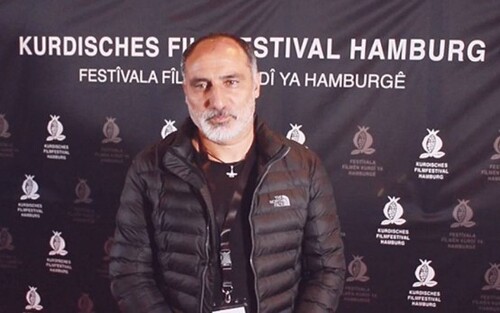
He has also won three special awards at the International Film Festival of Africa, Asia, and Latin America in Milano. The film won the Bern Prize in 2021 in Switzerland and still participates in international festivals as a Kurdish representative.
Another director we would like to note is Mehmet Ali Konar, who won the FIBRESCI Award at the Duhok International Film Festival in 2018 for "Colorless Dream" and "Govanda Ali and Zeen's Mother" (2021). It won best film at the Istanbul and Ankara International Film Festival.
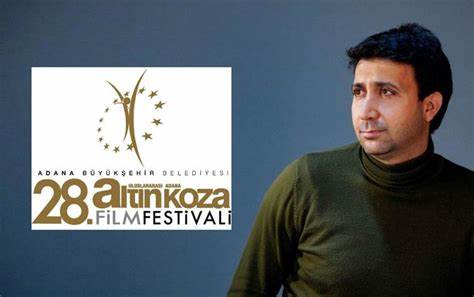
A director from East Kurdistan named Touraj Aslani has won the Silk Road Award at the China International Film Festival for his film, "Stateless" (2021).
Hunar Salim is the director of "Lemon Vodka" (2004) and "My Country is Spicy and Sweet" (2013) won several awards for them. Hunar Salim's "Zero Kilometer" and "Valley" won the "Chevalier des Arts and des Lettres" at the 2005 Cannes International Film Festival.
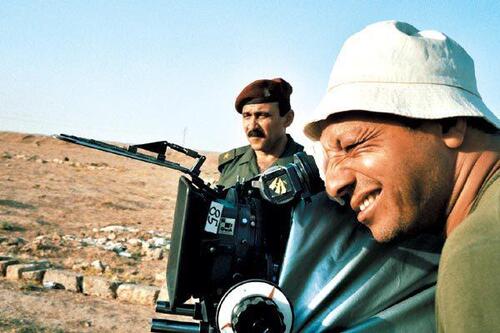
Arsalan Amiri won the "Luigi De Laurentiis" Award in Venice for his film "Zalave" (2021).
Hussein Hassan won the Muhr Arab Award at the Dubai International Film Festival (2016) for his film “The Dark Wind”.
Shahram Alidi, a well-known Kurdish director, won the Cannes Critics' Award in 2009 for "Whisper with the Wind, " which has also won nearly 20 international awards. Alidi has received 10 international awards for Memories of "Black Horse Memories", including the Best Film award at the 2003 Avanca Festival in Portugal.
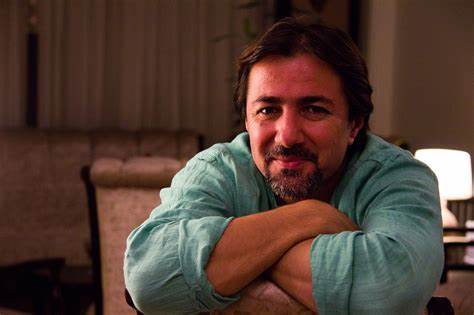
In addition, many Kurdish directors such as Shwan Attoof, Jano Rojbeyani, Nizamuddin Arich, Bekhtiar Fetah, Shawket Amin Korki, etc. are the people whose role in the development of Kurdish cinema will not be forgotten. On the other hand, some efforts pave the way between Kurdish and international cinema. The Los Angeles Kurdish Film Festival (LAKFF), the Kochar Kurdish Film Festival, and the Tourist Film Festival, which bring together Kurdish films from Kurdistan and around the world, are positive steps for Kurdish cinema. Several short and long films won awards and have also made significant measures to reach Kurdish cinema at a certain level.
There is certainly a long way to go for Kurdish cinema to play its main role. "Currently, it is cinema that runs society, especially in countries where this sector is more developed. In Kurdistan, cinema is on its way, but it is still in its infancy and there are many obstacles," Shwan Attoof said.









